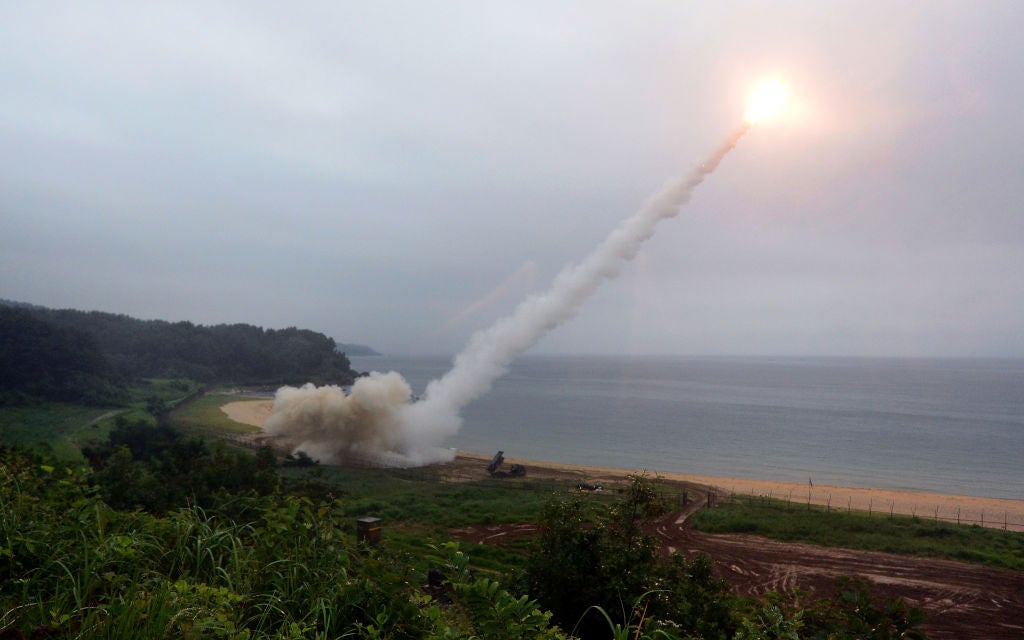
Ukraine’s call for the Army Tactical Missile System (ATACMS) has been answered, NBC News reported on Friday 22 September, with American President Joe Biden telling Ukrainian President Volodymyr Zelenskyy that the US will provide the long range missile system, according to three US Officials and a congressional official familiar with the discussions.
The report suggests that the ATACMS system, which can be fired from a conventional HIMARS platform, will be equipped with a cluster munition warheads instead of the normal high explosive payload, and will be in a small supply with an indefinite date for the announcement and delivery.
The provision of ATACMS had been the subject of debate in Washington, with concerns expressed over the supply of longer-range missiles that could strike deep inside Russian territory and risk deepening the conflict. On the 16 September, four US senators signed a letter urging the Biden administration to provide the ATACMS for Ukraine, making forthright arguments around the greater US national defence position.
Linas Linkevicus, former Minister of Defence and Former Foreign Affairs Minister for Lithuania pointed to the significance of the provision to Ukraine of ATACMS, which have a range of up to 300 kilometres, noting that the supply of ATACMS is a shift in US policy.
So far, Biden’s administration had deferred from the provision weapons that could be used to strike deep into Russia, balancing support of Ukraine with calls to avoid provocative or escalatory behaviour.
Russia’s Ministry of Foreign Affairs warned earlier this month that the US would be considered a “party to the conflict” in Ukraine if the US provided longer-range missiles to Kyiv, Aljazeera reported.
Konstantin Gavrilov, head of the Russian delegation to the Vienna talks on military security and arms control, said that Russia’s response to potential US deliveries of its ATACMS missiles to Ukraine would not be long in coming, reported Russian News Agency TASS on 13 September.
The provision of the long-range Storm Shadow/SCALP cruise missiles by the UK resulted in the 13 September attacks against a critical Russian naval shipyard in Sevastopol that was sustaining Russia’s Black Sea Fleet, and on 21 September a combination of Neptune cruise missiles and drones destroyed an S-400 “Triumph” Air Defence System worth $500m in Yevpatoriya, on Crimea’s western coast, the second S-400 destroyed in recent weeks.
Our signals coverage is powered by GlobalData’s Disruptor data, which tracks all major deals, patents, company filings, hiring patterns and social media buzz across our sectors. These signals help us to uncover key innovation areas in the sector and the themes that drive them. They tell us about the topics on the minds of business leaders and investors, and indicate where leading companies are focusing their investment, deal-making and R&D efforts.



